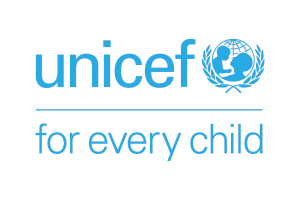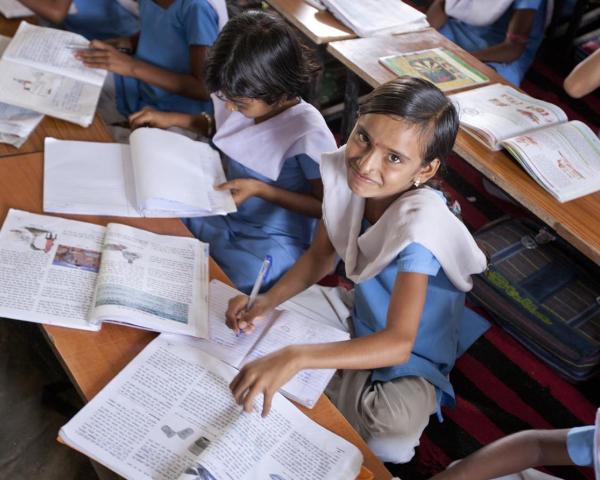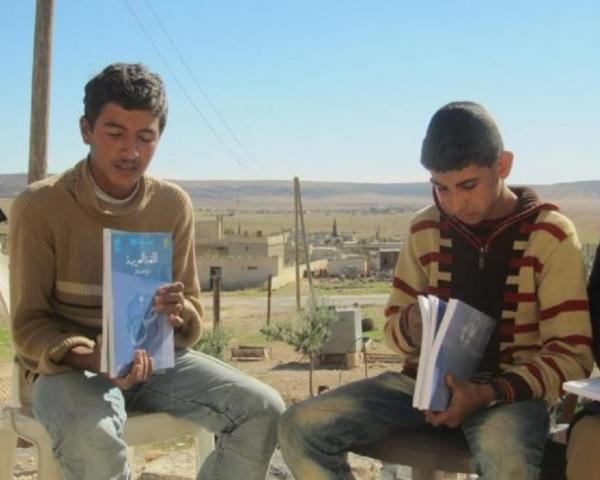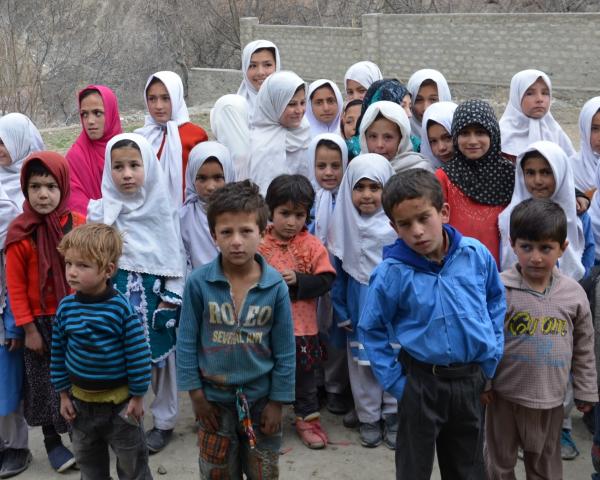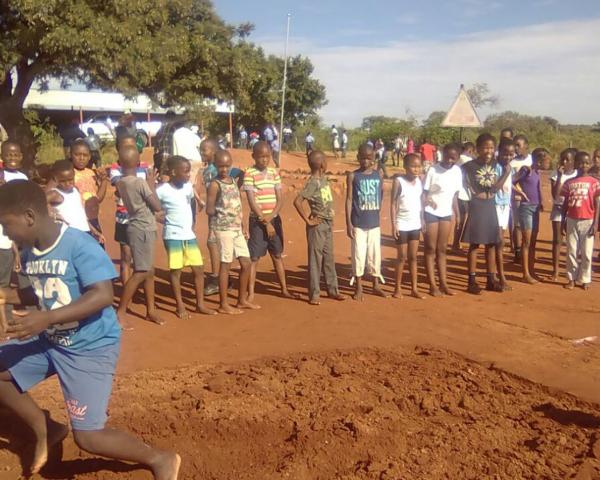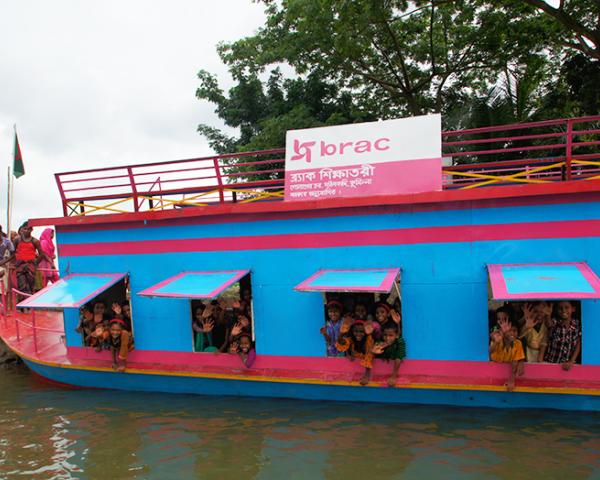Formal Education For Out of School Children in Comoros
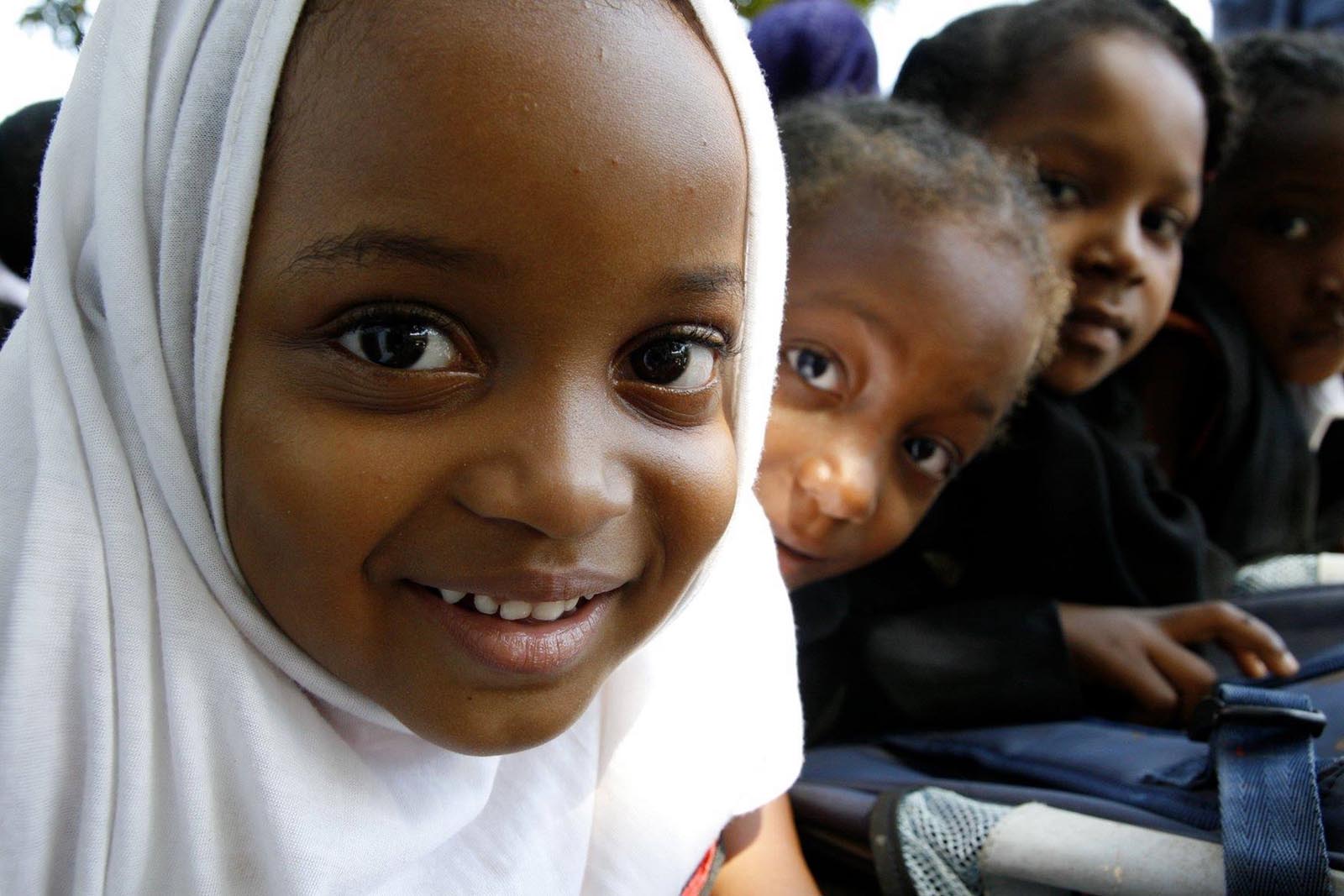
The issue of out of school children at the primary school level in Comoros is a long lasting challenge hindering the performance of the education system. Despite efforts made over the last decade their number have increased to approximately 25,000 in 2009-2010. Even though it has adverse effects on society little has been done to address the OOSC issue.
The Formal Education for Out of School Children in Comoros project provides a unique opportunity to face the challenge of out of school children and contribute to the realization of the right to primary education for children excluded from the education system. It will have a direct impact on increasing access to primary education for hard to reach children and marginalized groups, including girls who have been left out by previous programmes.
The project has three components:
- Extending access and improving retention,
- Stimulating demand for school enrolment, and
- Strengthening sector management and project management.
The project will reach approximately 80% of the 25,000 primary school age children who are out of school in the country. It will provide 20,000 out of school children in marginalized communities with access to equitable, quality, formal education.
To increase access the project is building and/or rehabilitating 135 classrooms including water and sanitation facilities with separate male and female latrines and hand washing bays. In addition to increasing and improving physical infrastructure, the project will increase access by providing opportunities for over-aged children to learn through accelerated learning programs, and then integrate into the formal education system.
It is improving education quality in project schools through the increased pedagogical and teaching skills of newly recruited volunteer teachers. Community awareness building and mobilization to enrol out of school children will take place throughout the project.









